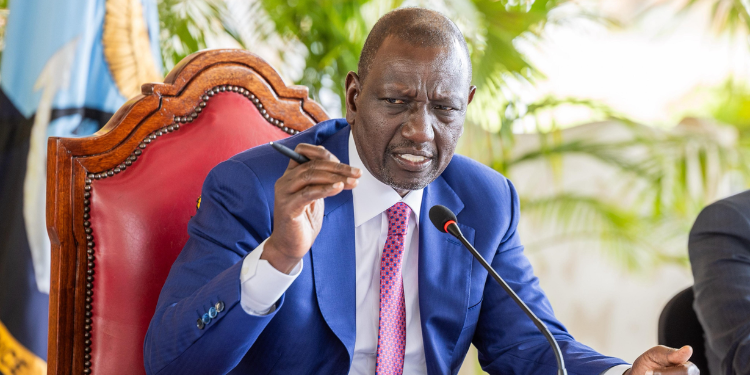The number of students dropping out of online courses is alarming worldwide. Speaking at the Open University of Kenya, Prof. Asha Kanwar, a consultant with the World Bank, highlighted that up to 50% of students in Africa fail to complete their online courses.
Kanwar, an expert in Open and Distance Learning (ODeL), said the dropouts are due to various challenges, including lack of motivation, financial constraints, and limited learner support services.
The trend is not different globally, with the attrition rates ranging between 20 percent and 50 percent in the United States.
The rate ranges between 20 percent and 44 percent in the United Kingdom, and between 35 percent to 55 percent in Australia.
Prof. Kanwar emphasized that the dropout rate presents significant hurdles that lead to high dropout rates even with its flexibility.
“Many students struggle with time management, digital literacy and a sense of isolation which negatively impacts their academic performance,” she said.
Higher Dropout Rates in Online Courses
According to research, dropout rates in online education are significantly higher than in traditional face-to-face learning.
Studies shows that fully online courses have a 10-15% higher dropout rate compared to hybrid learning models.
Massive Open Online Courses (MOOCs) suffer even more with completion rates as low as 5%.
Also Read: Comparison of Cluster Points for All Courses at UON, KU & JKUAT
Solutions
Speaking to the staff of the University, Prof. Kanwar proposed a multi-faceted approach to curb student dropouts.
Institutions that have adopted AI-powered personal tutors, such as Khanmigo, have reported improved student retention due to real-time feedback and personalized learning pathways.
“We must integrate robust learner support systems including academic tutoring, emotional counseling and peer support groups to enhance student engagement and success,” she stated.
Also Read: 10 In-Demand Courses Available for Class 8 Dropouts
Additionally, Prof. Kanwar called for increased investment in digital infrastructure and staff training to equip educators with the necessary skills to support learners effectively.
“Equitable access to technology is crucial. Without proper ICT infrastructure, many students, especially in resource-poor regions, are at a disadvantage,” she added.
The workshop also recommended the need to create a ‘culture of care’ within institutions.
The stakeholders asked institution managements to foster an environment where students feel supported academically and emotionally.
Way Forward for African Countries
Kanwar emphasized that stakeholders must take decisive action to implement policies that ensure student success even as African countries continue to expand ODeL programmes.
She pointed out that online education will continue to face high dropout rates without proper support mechanisms.
This will limit the continent’s potential to transform education across the continent.
Follow our WhatsApp Channel and X Account for real-time news updates.













































































